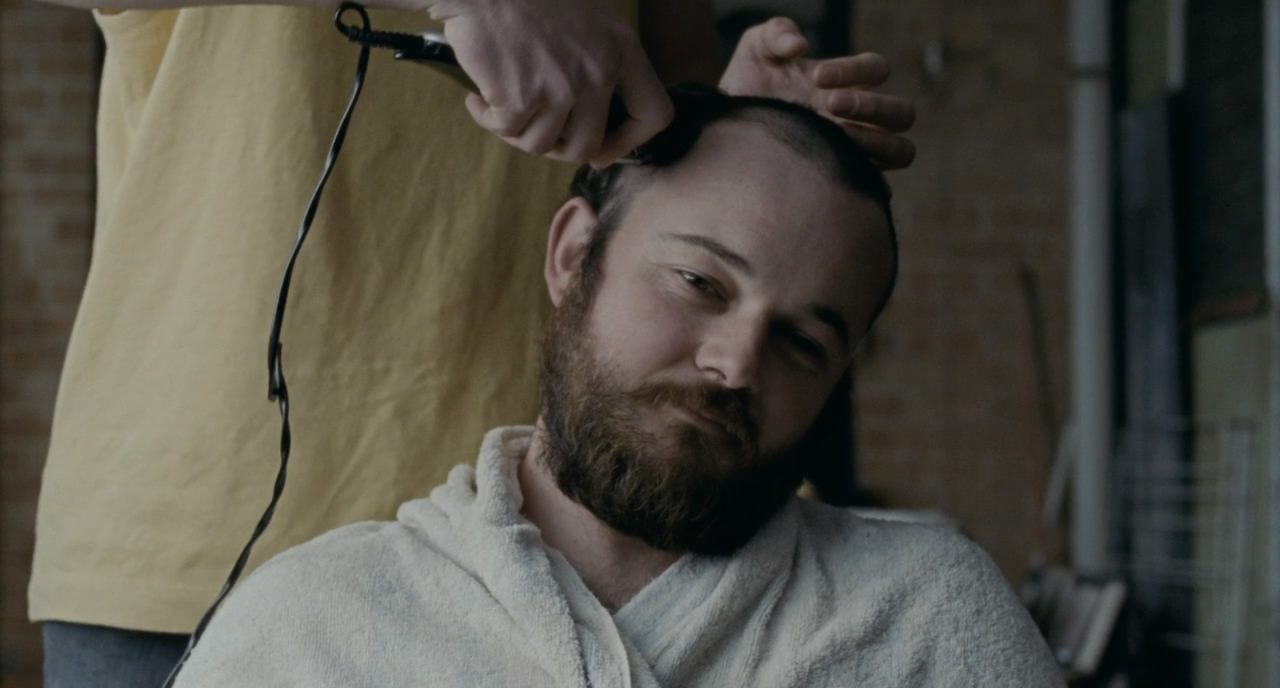
Whether it be about the outback, car chases, or cult horror, Australia certainly makes films grounded in their way of life. Out of this locale and concentration, the country has produced unique film movements and waves over the years, unfortunately never reaching further out into the world. Therefore, here are 10 great Australian films we don’t talk about enough.
1. The Devil’s Playground (1976) – Fred Schepisi
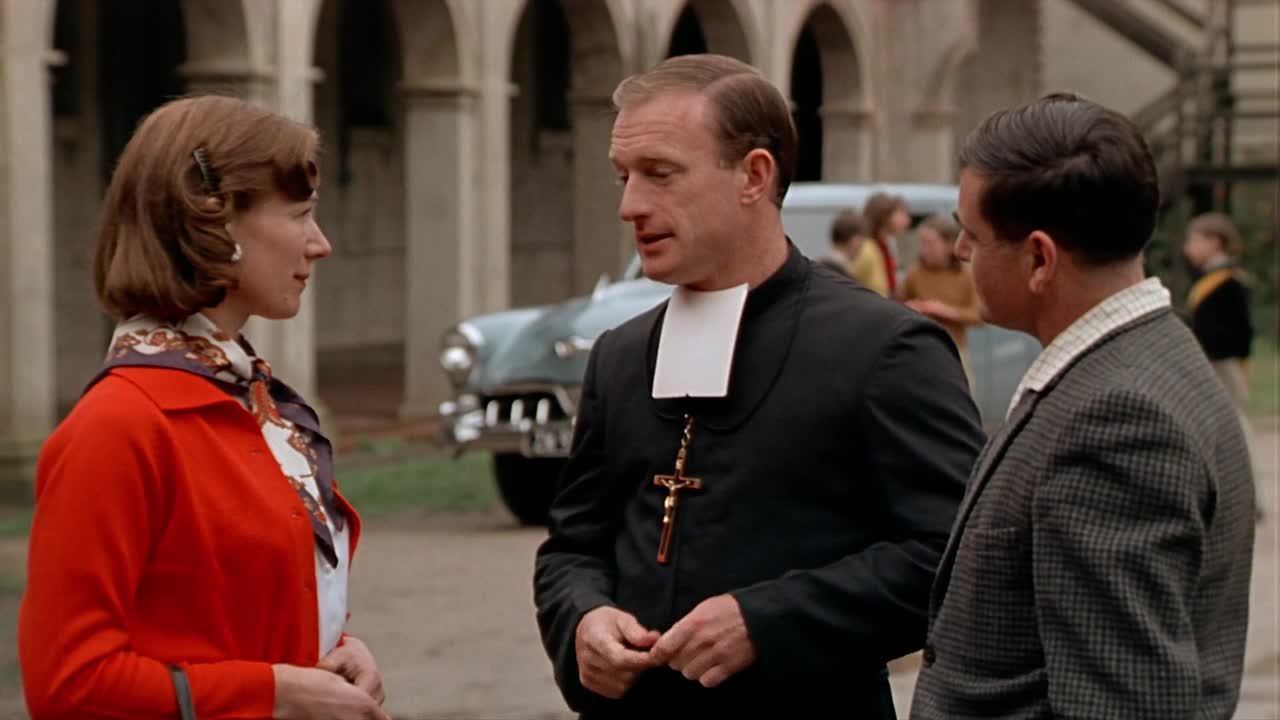
Adapting from aspects of his own life, Fred Schepisi turns the camera on a bunch of 13-year-old boys attending a Catholic seminary school in the 1950s. What may seem like a coming-of-age film that explores sexuality, religious crises, and self identity, all of which are addressed, it’s the parallels to the brothers and priests that make the film truly memorable.
As the film progresses and the boys struggle to come to terms with what’s happening inside and outside of them, the brothers also face the same temptations. Therefore, with flashes of nude women in silent dreamy montages, or the flesh and skin of boys, or the simple flirtation with women at a bar, the brothers and boys are going through the same situation, just at different scales and aspects of their life choices.
Without shying away from serious issues, the film never loses focus on the humanity being portrayed, and it plays out like a summer day in August, when much of the film occurs. With a great technical and creative outlook, it’s a coming-of-age story that should be seen by all, especially those of Catholic faith.
2. The Mule (2014) – Tony Mahony and Angus Sampson
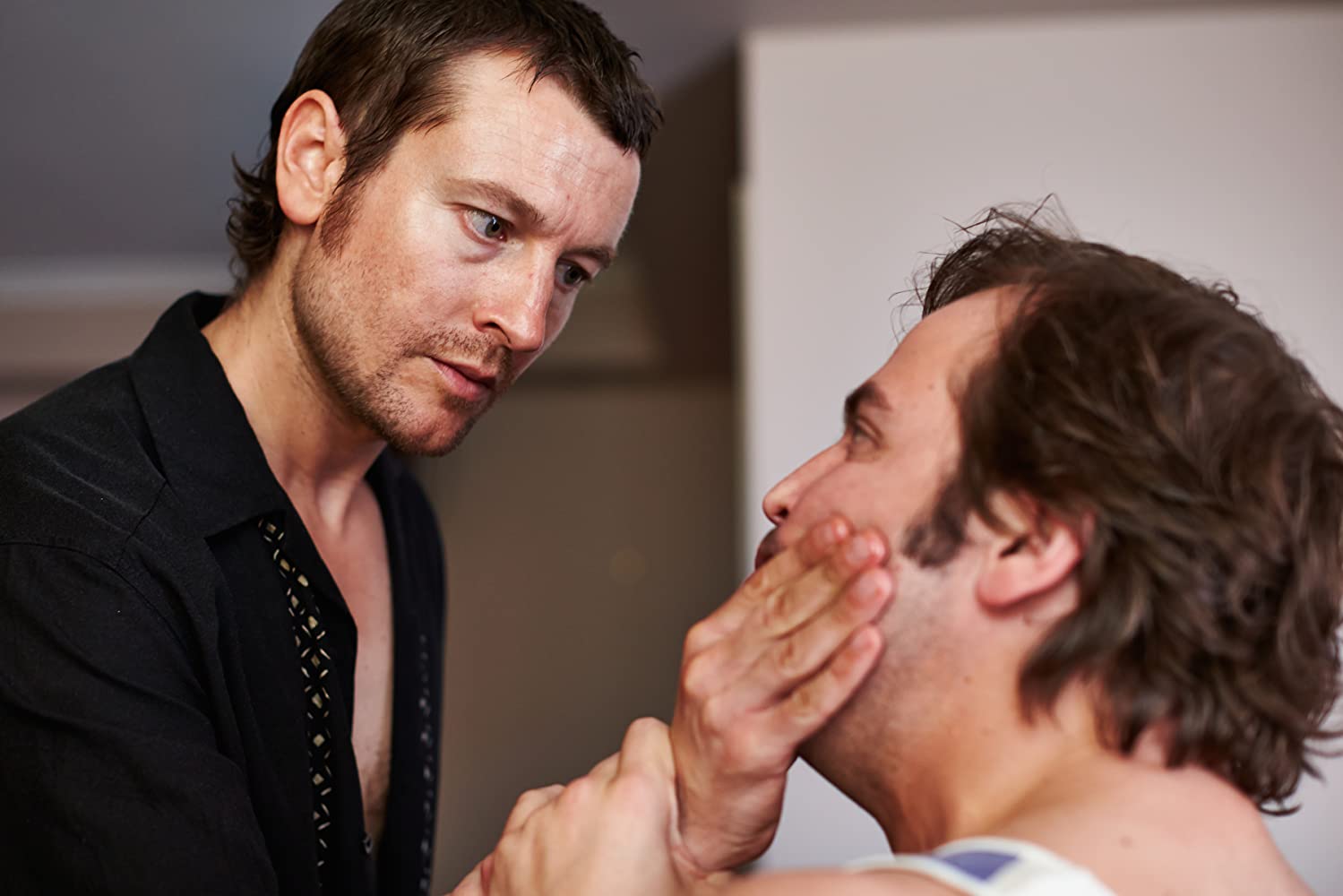
Taking an absurdist concept to the fullest and going from dark comedy to full on crime film, Tony Mahony and Angus Sampson’s film is one to truly be seen to be believed. A man refuses to defecate so the assumed drugs he’s smuggling from Thailand aren’t found by the corrupt cops that are currently holding him in captivity. Wait, what? Thus begins a film full of misadventures.
What may seem to be an abrupt comedy actually comments on the corruption of law enforcement in the 1980s, but watching Hugo Weaving make fart noises and try to get the supposed ‘mule’ to finally go to the bathroom is just too good to be true. Whether dealing with criminals wanting the drugs, the media reporting other events, or a boat race, nothing is off the table in this comedy.
Taking a simple premise with razor-sharp detail and commentary is just one of the few creative endeavors this film does, but if you’re in the mood for some laughs and darkness, this is the film for you.
3. Newsfront (1978) – Phillip Noyce
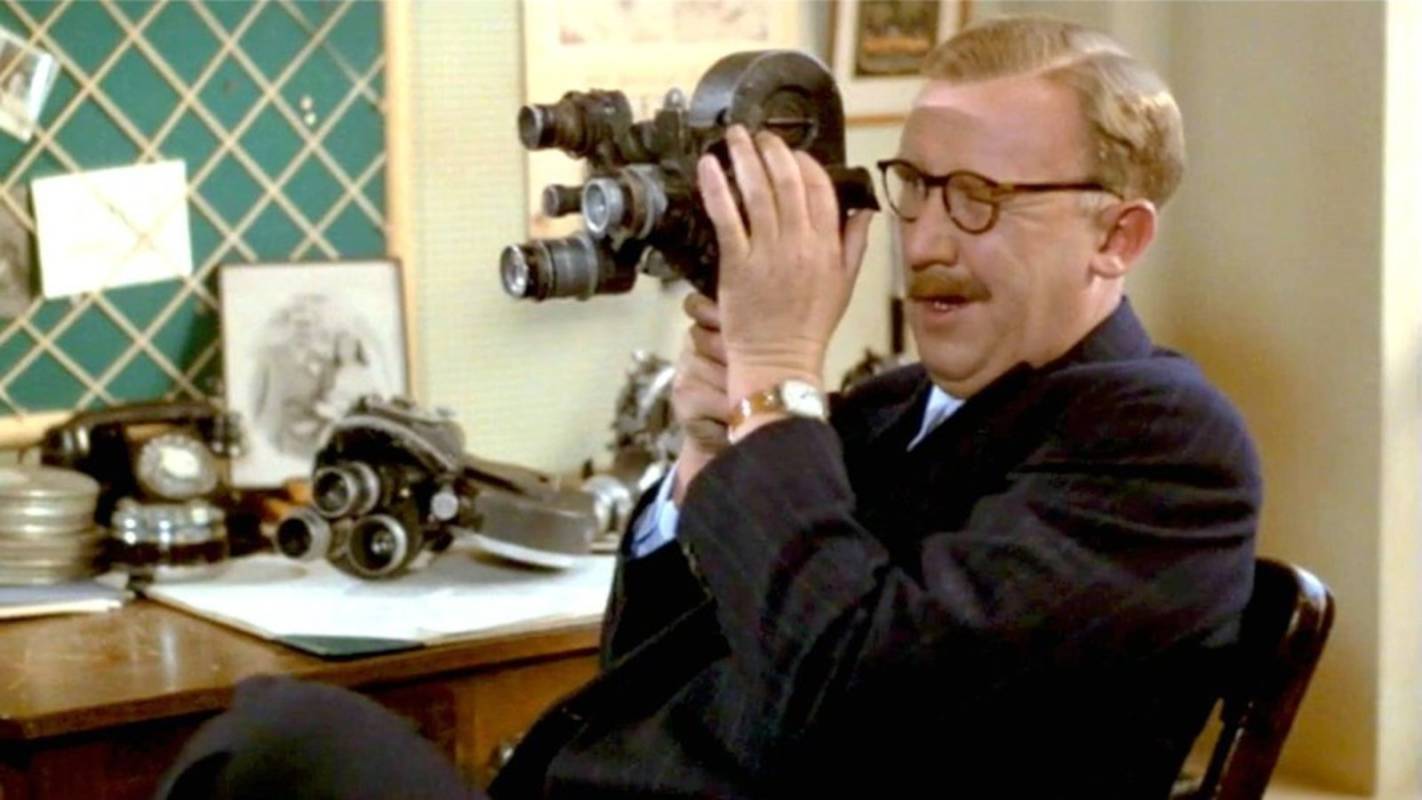
A love letter to the news men of the 1940s and 1950s who constantly struggled to capture and screen their work to the public for cultural and important issues. Noyce’s film plays out like a newsreel and shows two men over the ages in the ups and downs of the industry.
Starting out in beautiful black-and-white cinematography, with an ode and even verbal reference to Orson Welles, the film establishes a confident tone. Even when shifting to color time periods juxtaposed with news footage, it never draws a distraction but rather an intimate feel of what was being captured and more importantly by whom. The men struggle to get their footage, take pride in it and want the world to see it, certainly during a crucial time from World War II to the birth of television.
The relationships are certainly the main draw and allow the viewer to empathize with the audience, which makes the news even more relatable, captured by real human beings in a difficult profession and different time periods.
4. Don’s Party (1976) – Bruce Beresford
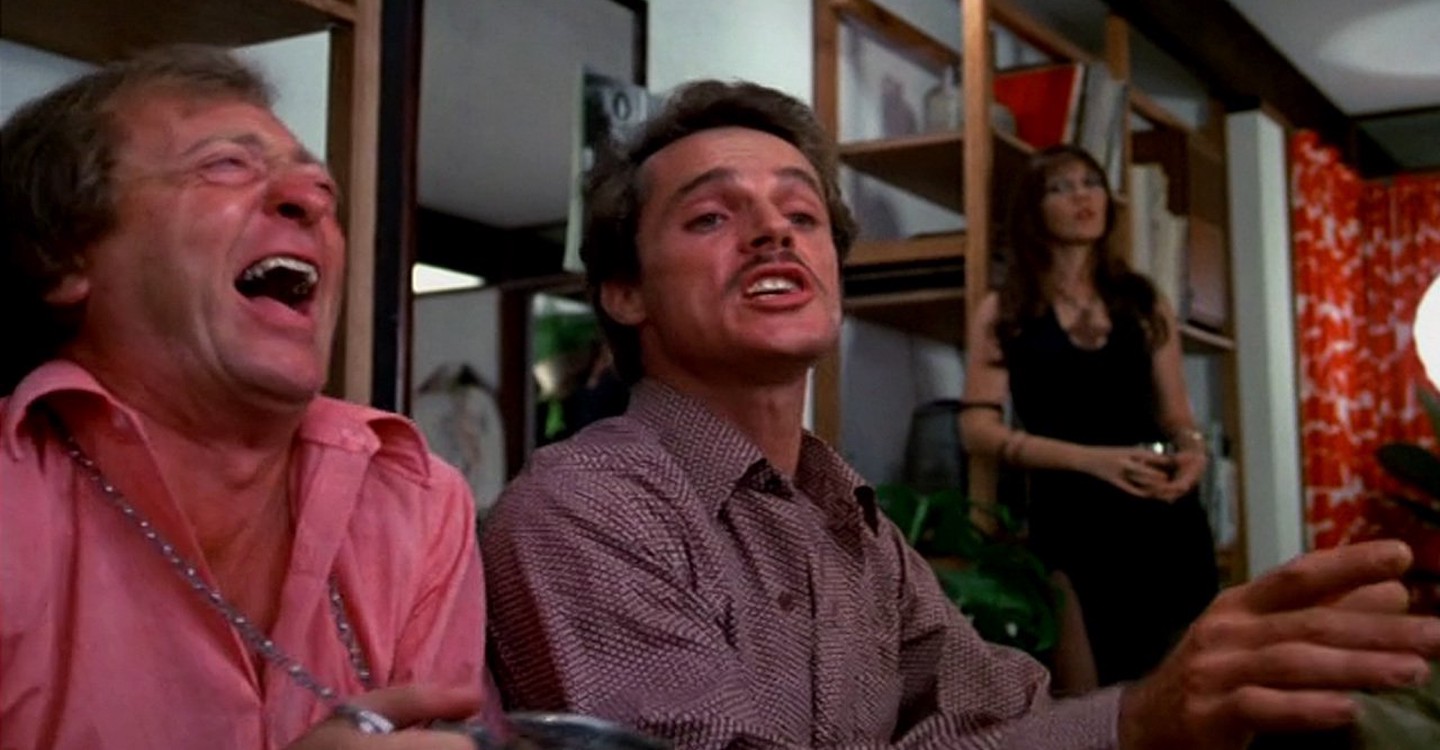
A hidden gem from Bruce Beresford as he takes a micro scale version of Ashby’s “Shampoo” and translates it to the social and political climate of mid-1970s Australia. The film takes place over the course of one night as a dinner party diverges into a comedy of manners, insults, and sex games, with much in between.
Adapting his own play, David Williamson’s confident script that comments on relationships, occupation, and the status between men, women, and couples never has a dull moment. Whether mixing farce, commentary, or just straight comedy, it’s certainly a night out that many won’t forget.
It shows that the domestication and civility can be brought into the living rooms of ordinary people without things getting taken too literally in a time of change. Regardless, with a fantastic cast and simple premise, the characters via actors certainly go for it with a no-holds-barred approach.
5. The Cars That Ate Paris (1974) – Peter Weir
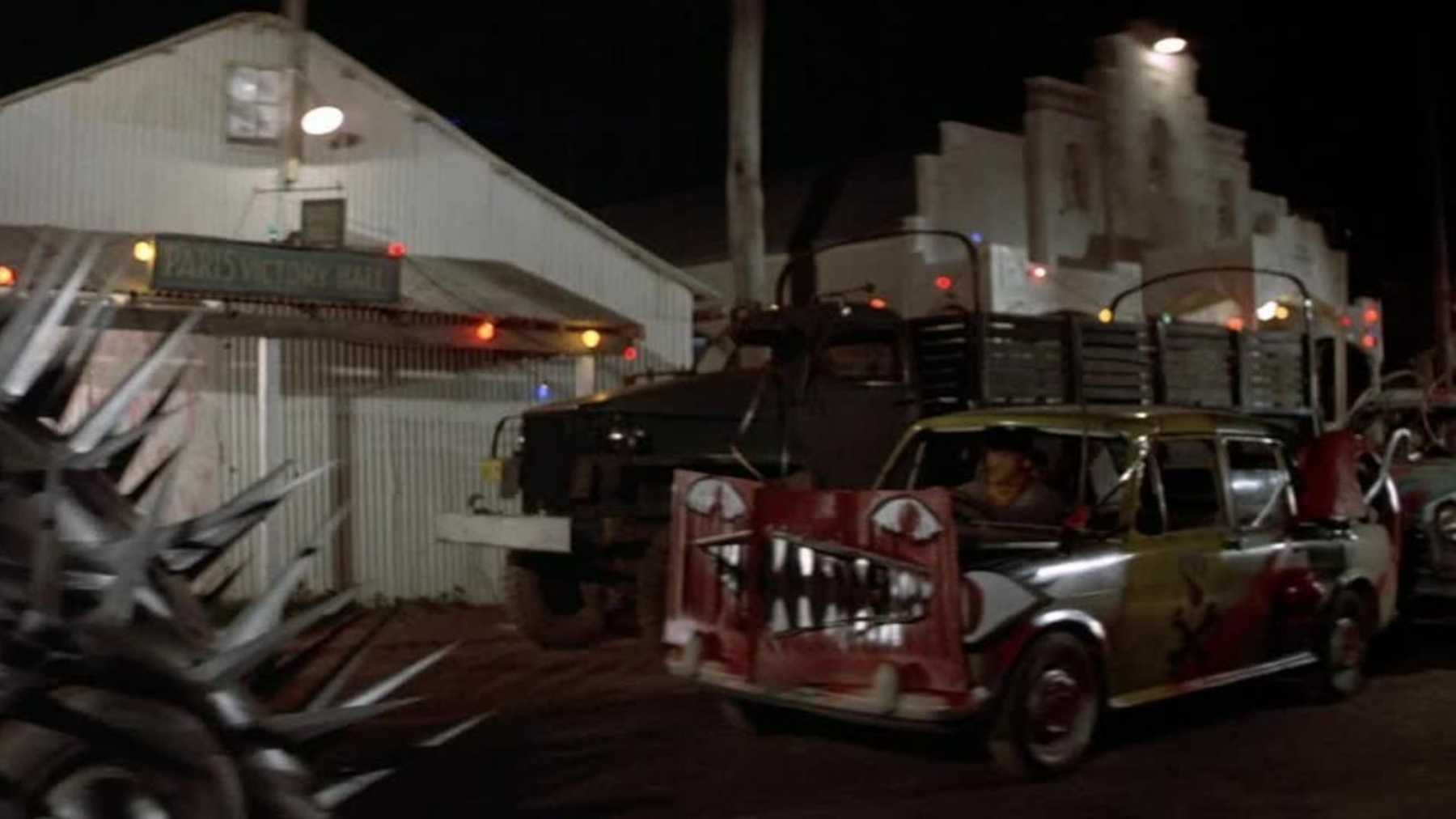
A year before the international breakthrough of “Picnic at Hanging Rock,” Peter Weir directs a wacky comedy that’s so self assured in confidence that the viewer must simply go for the ride or be left in the dust.
The film tells the story of a fictional town, Paris, that gathers wealth and fortune from ‘unfortunate’ car accidents. Given the wacky premise, characters that somewhat make sense or appear to be a bit offbeat come and go; whether characters are accused of manslaughter from driving over old people or knocking down elderly statues, it’s no doubt an original film.
Weir certainly makes use of widescreen staging and framing, tools that would benefit him greatly for his future career. Regardless, if one wants an irreverent comedy that bleeds from Australia due to the love of automobiles, the desert, and entertaining characters, look no further.